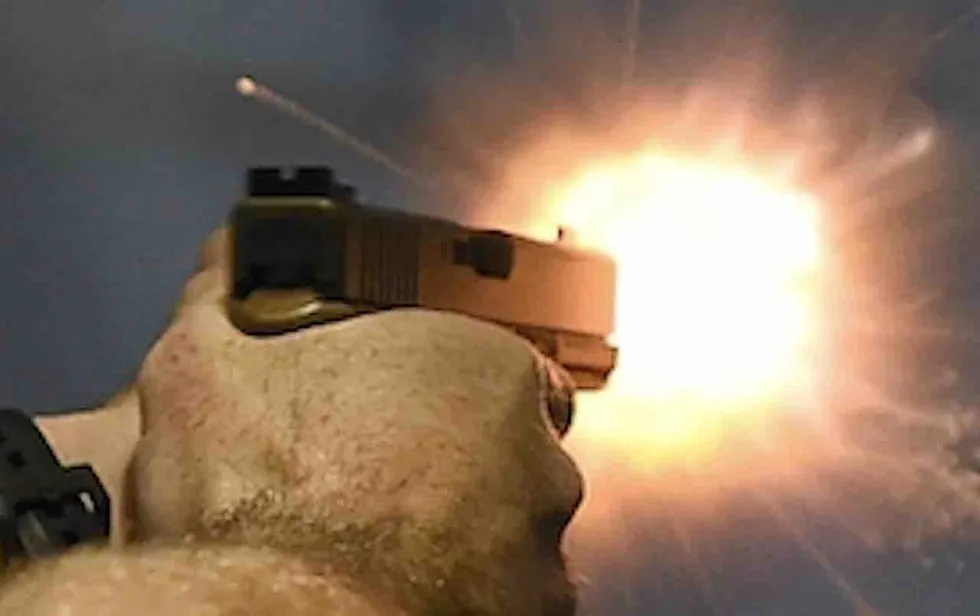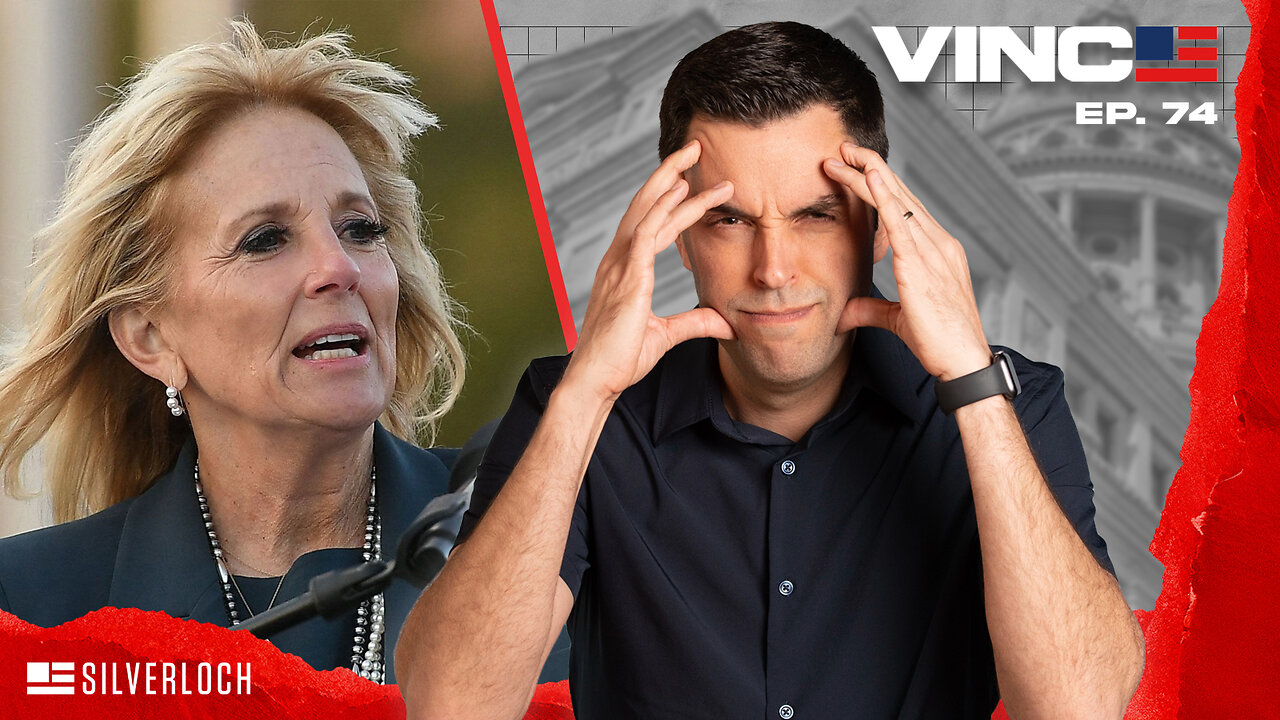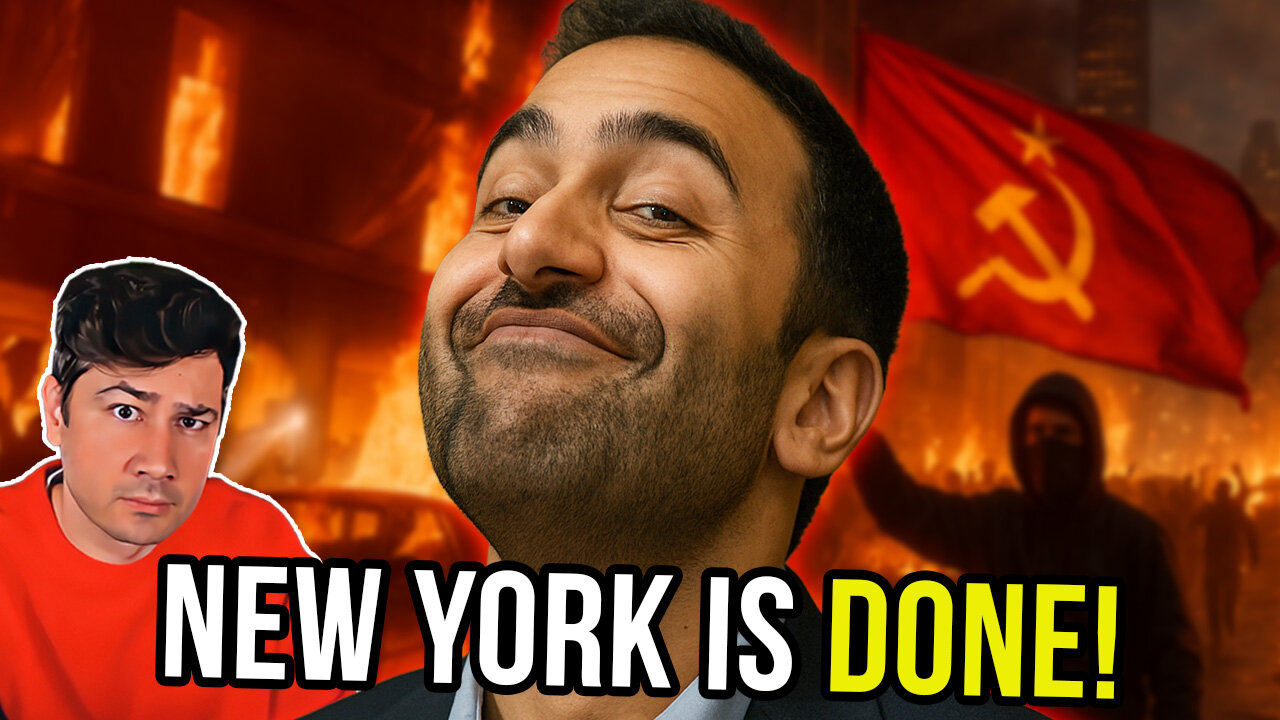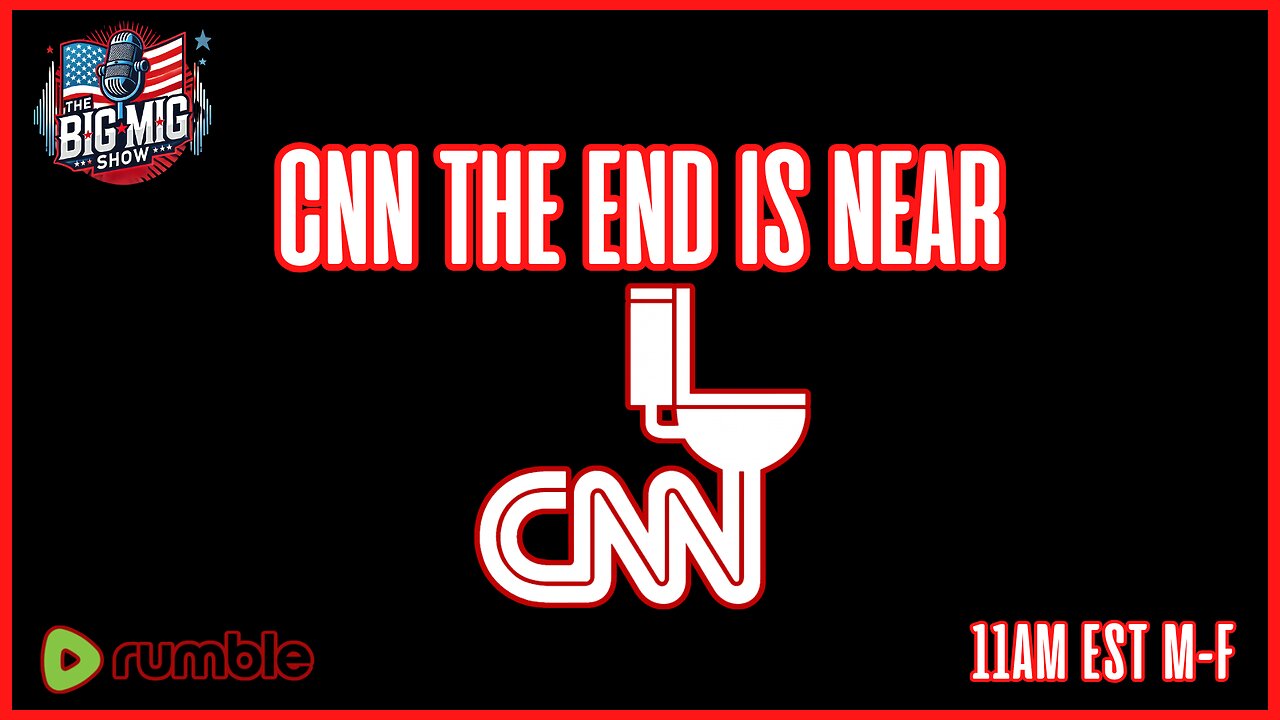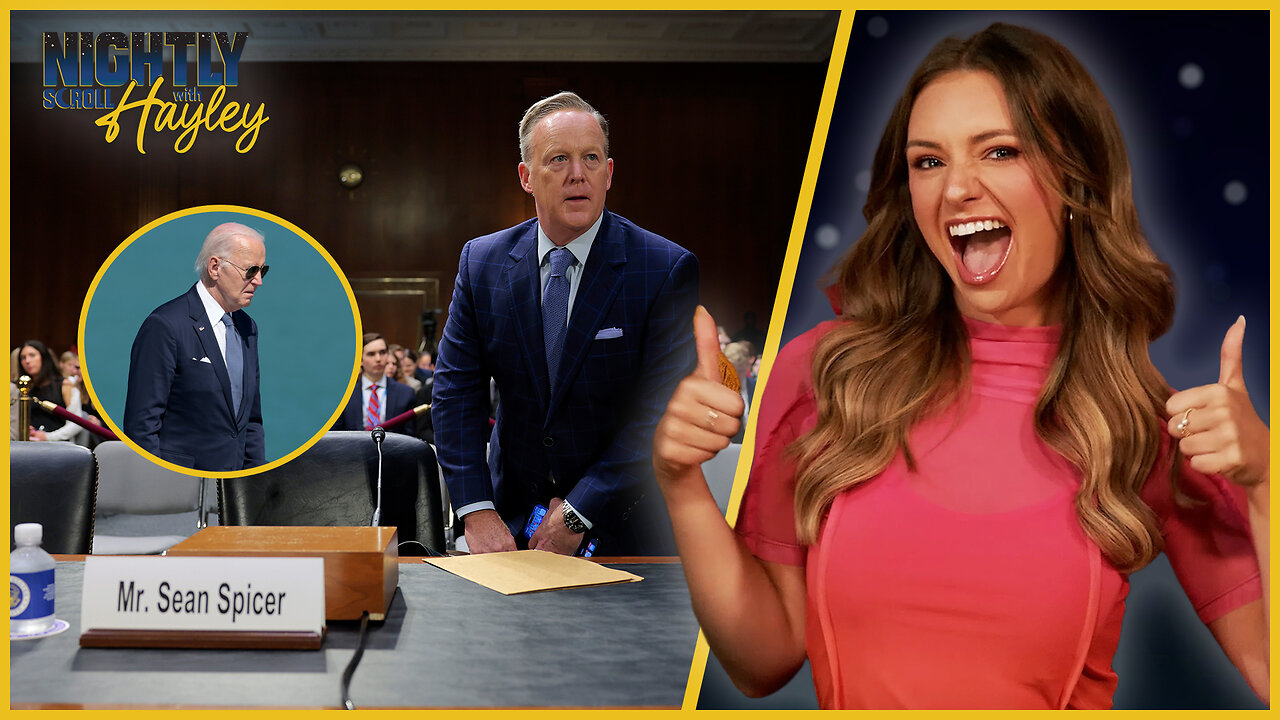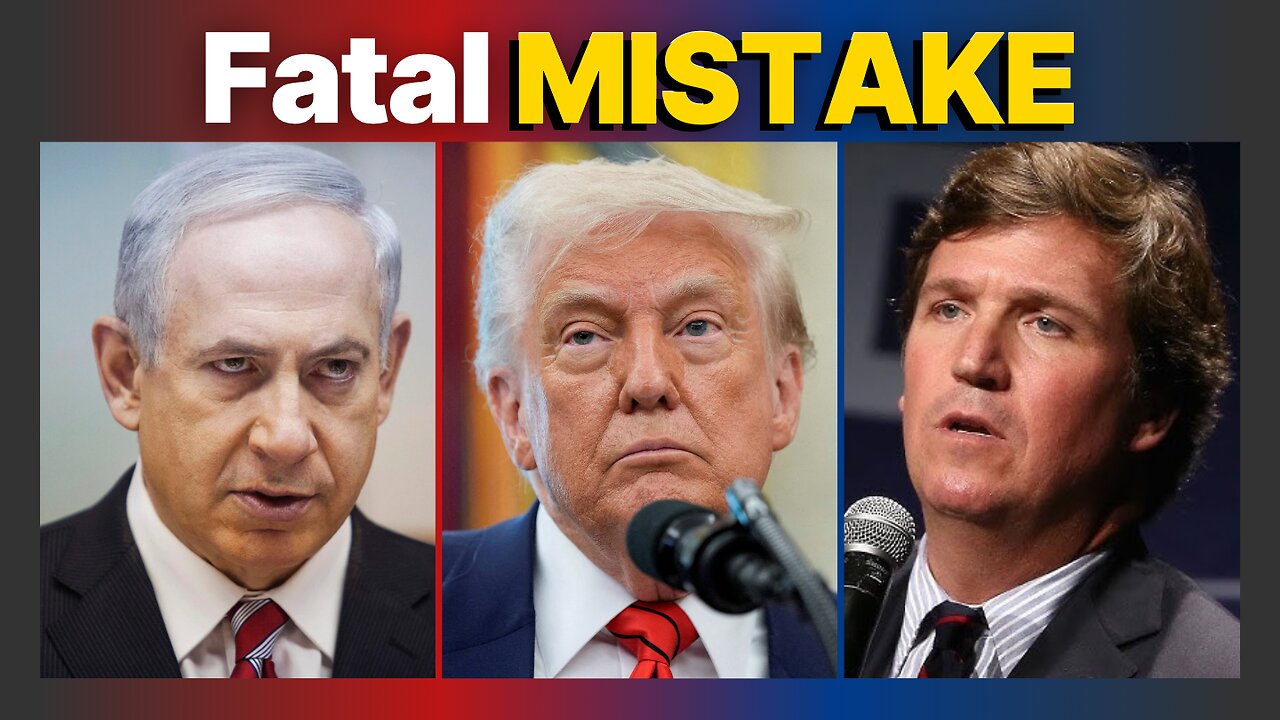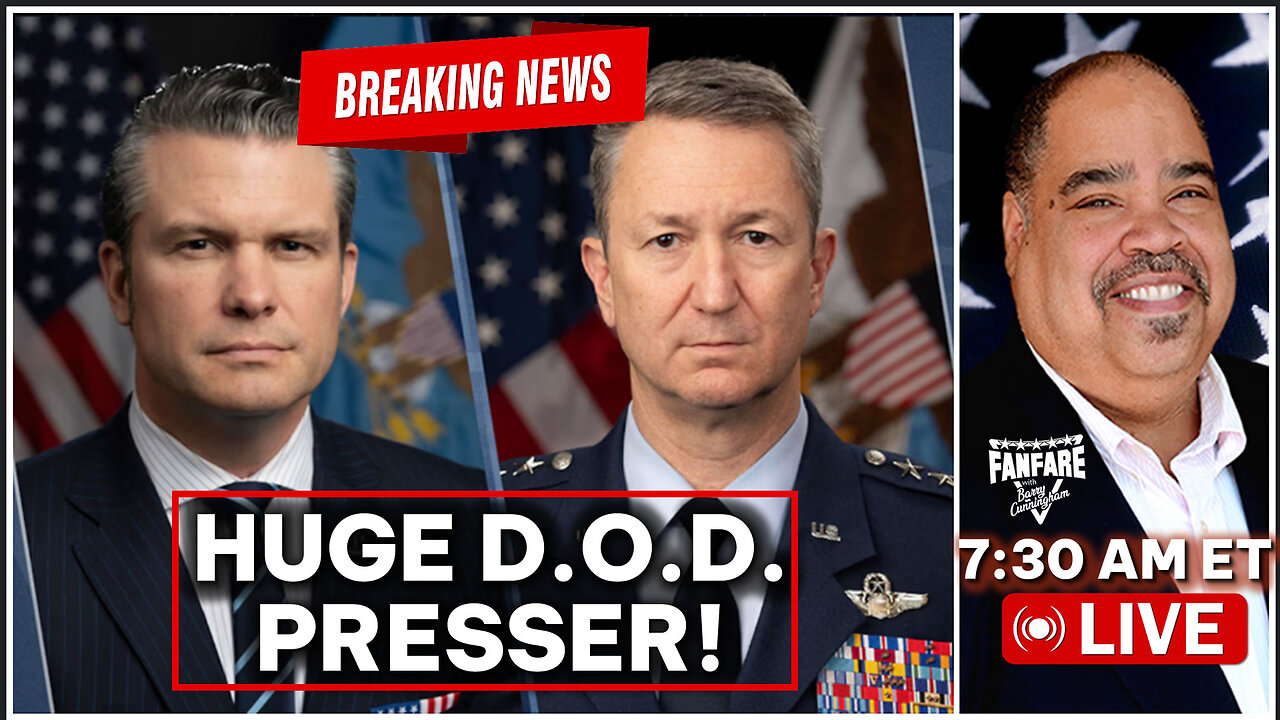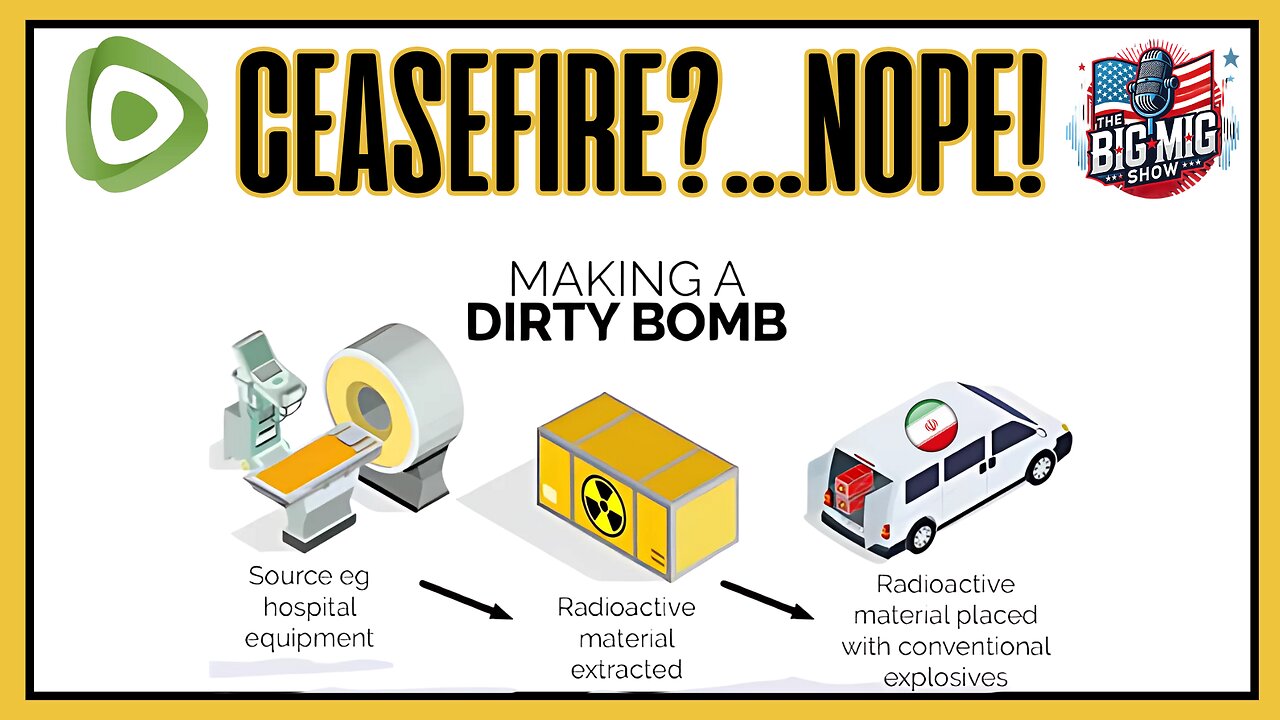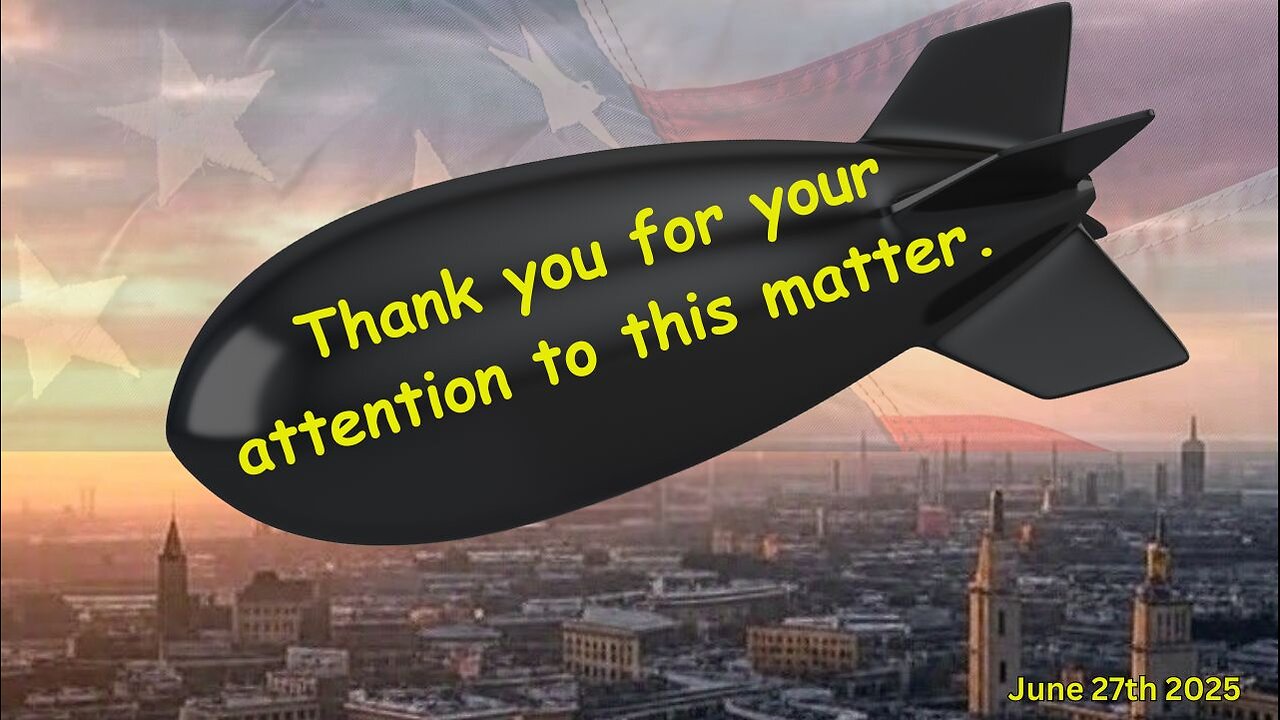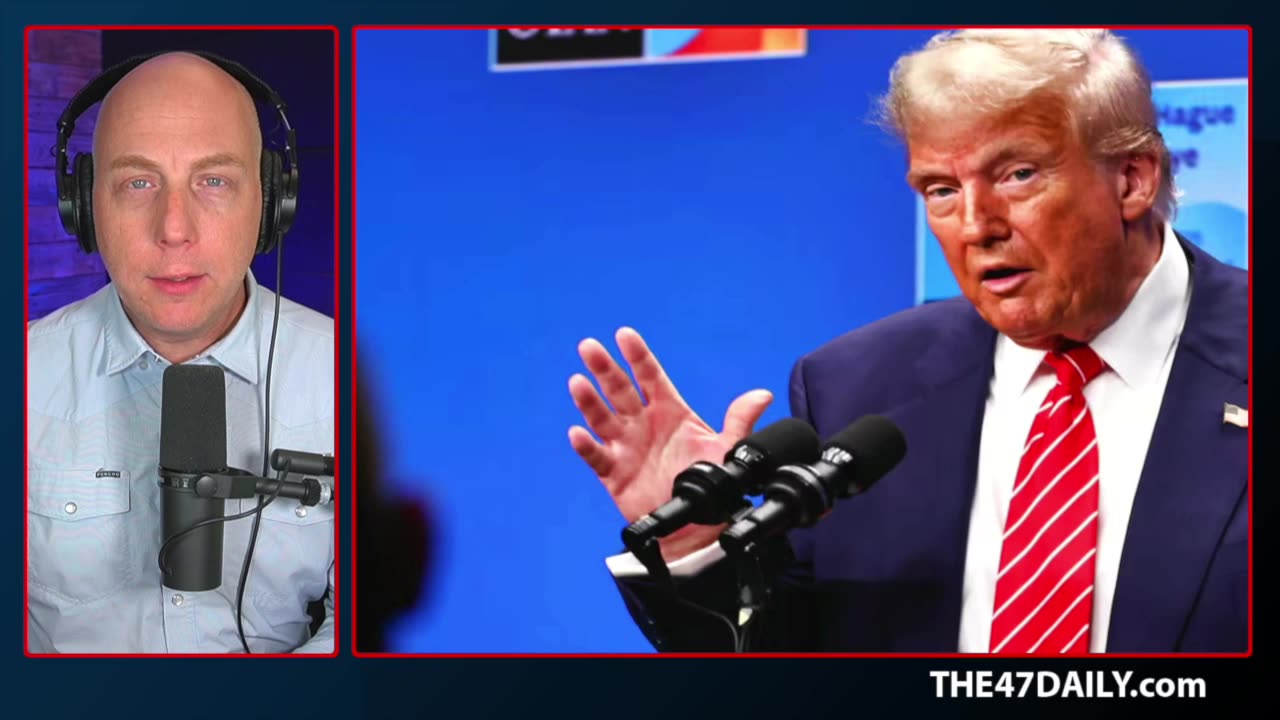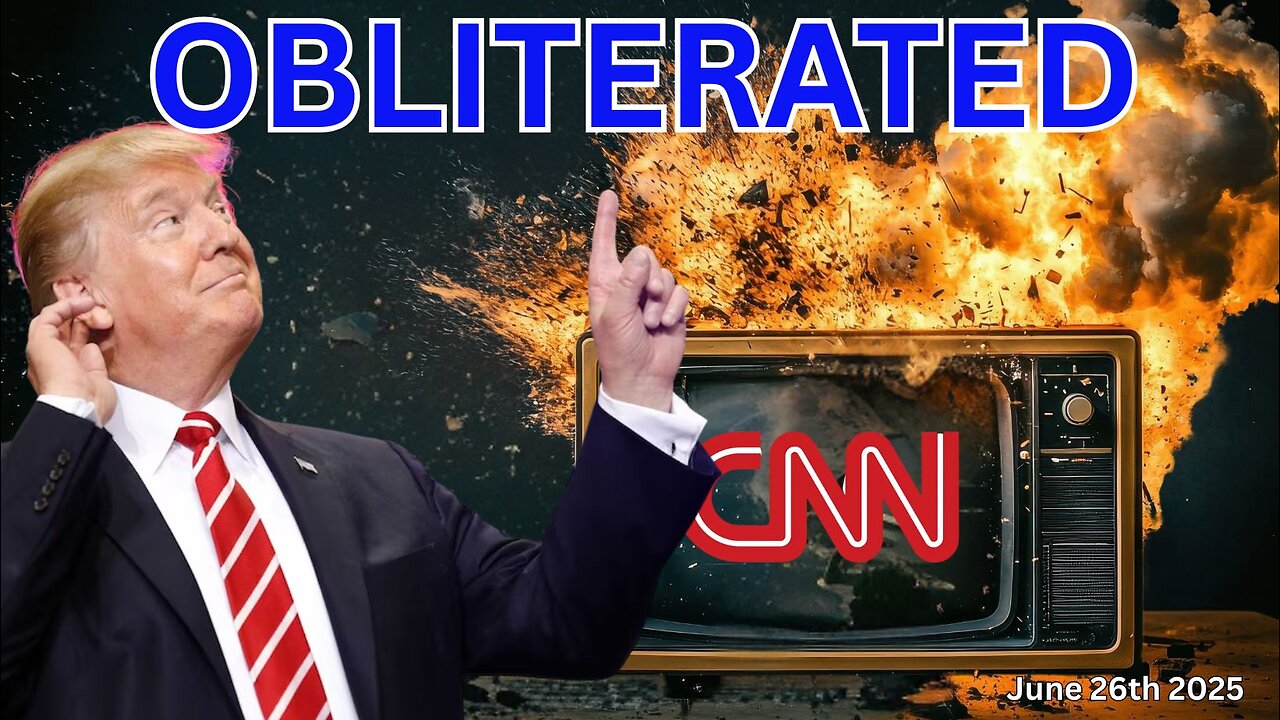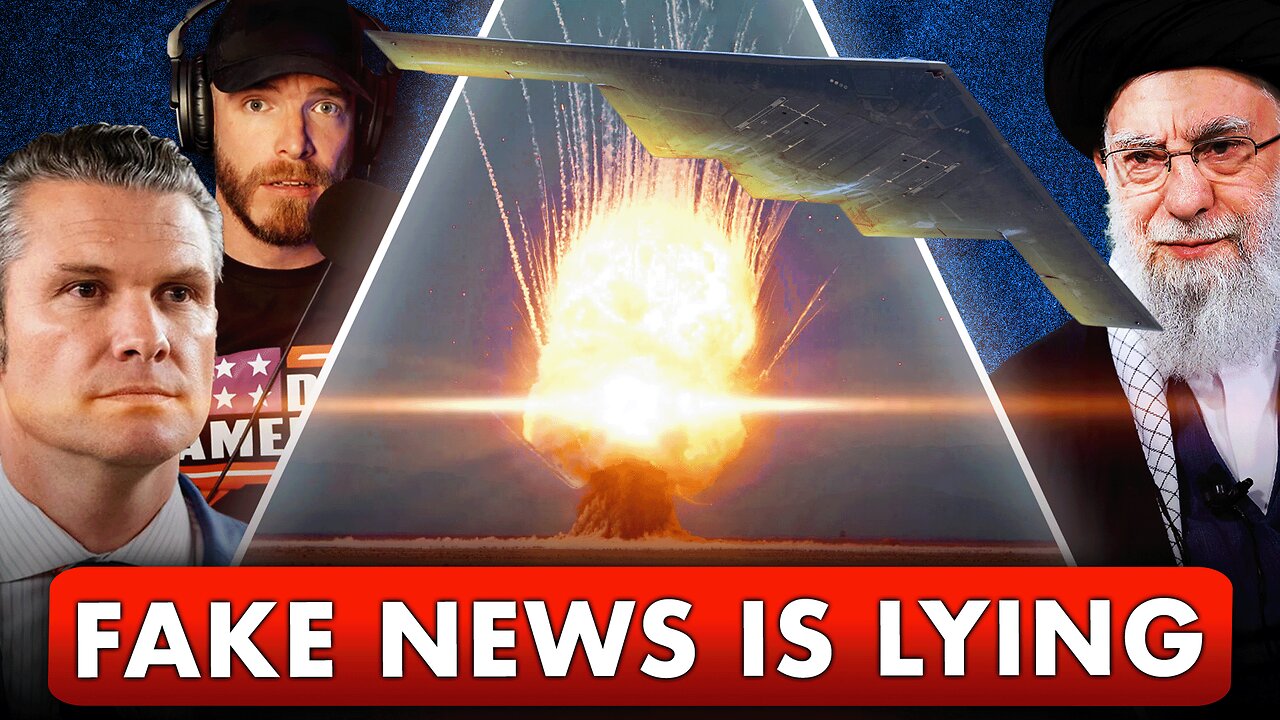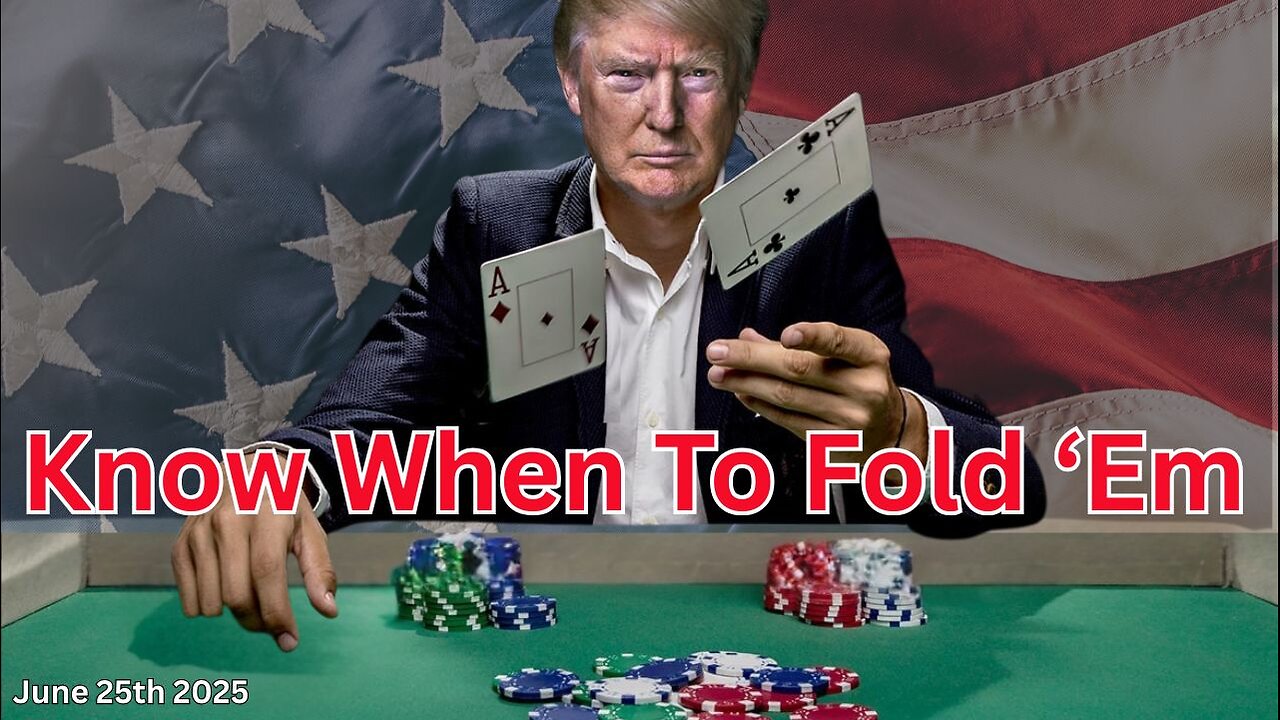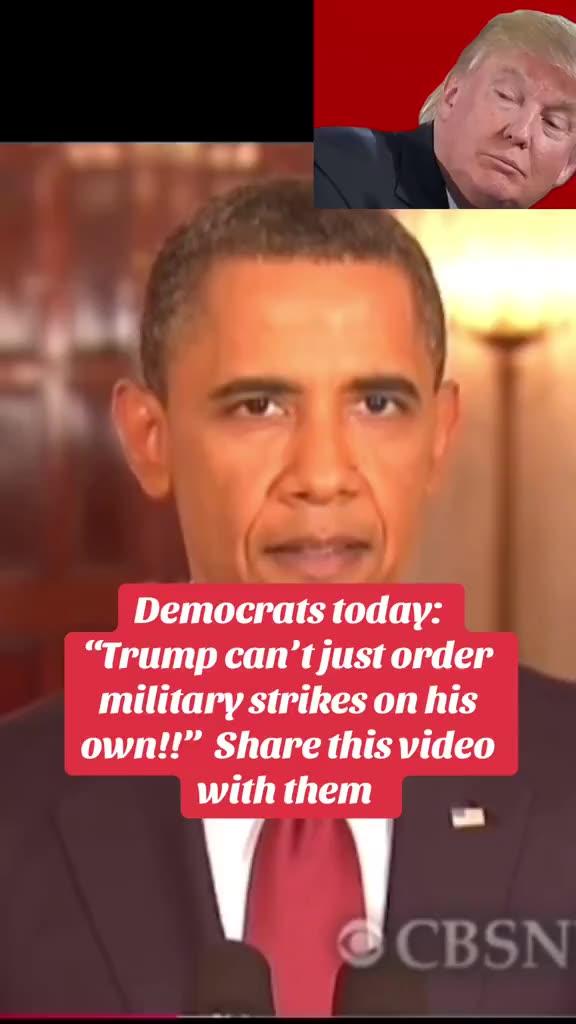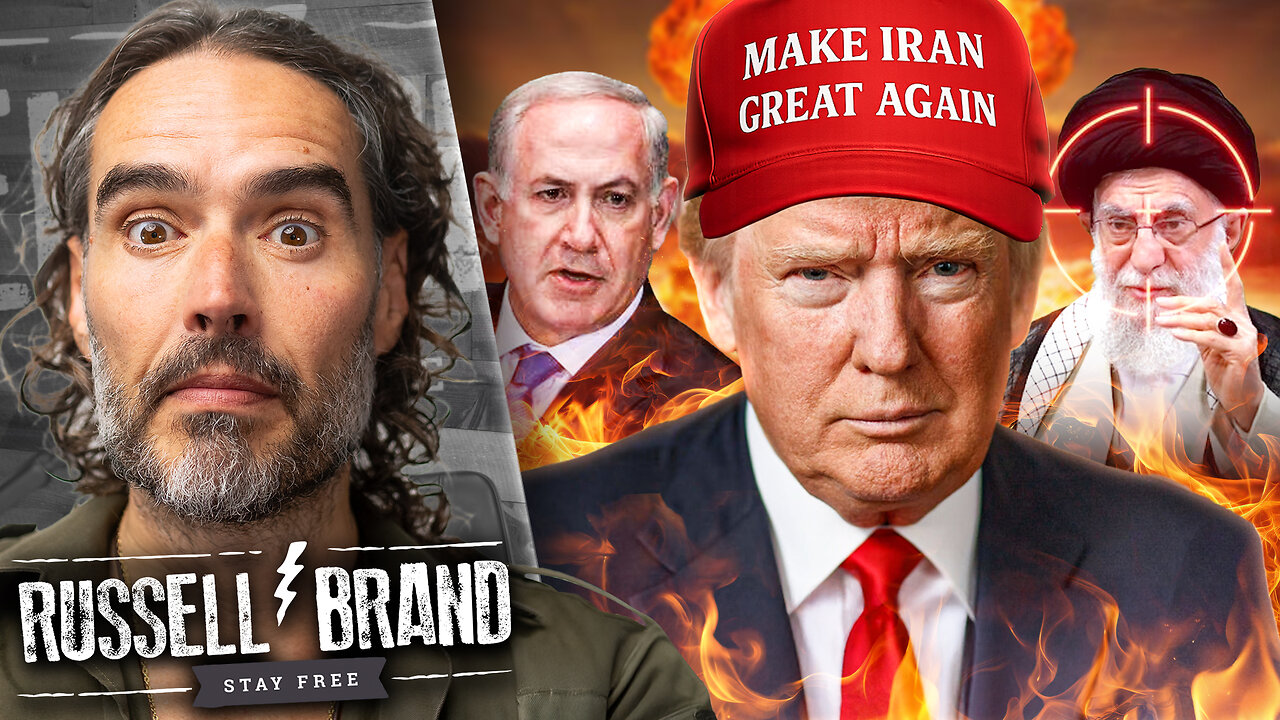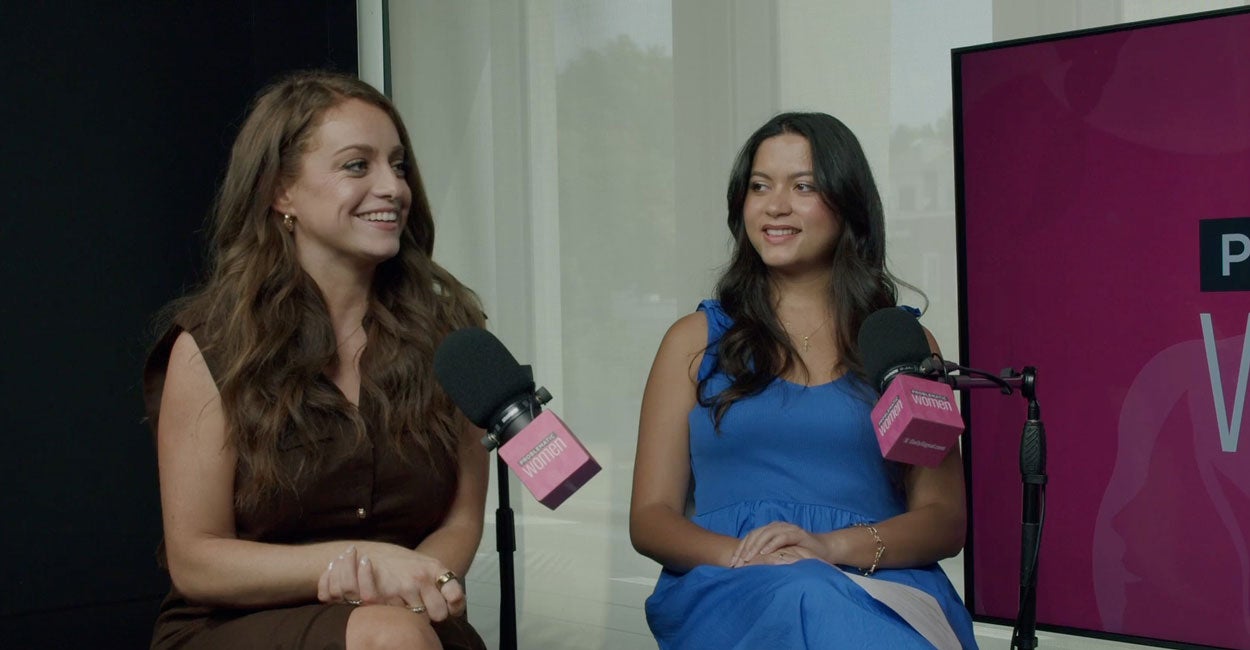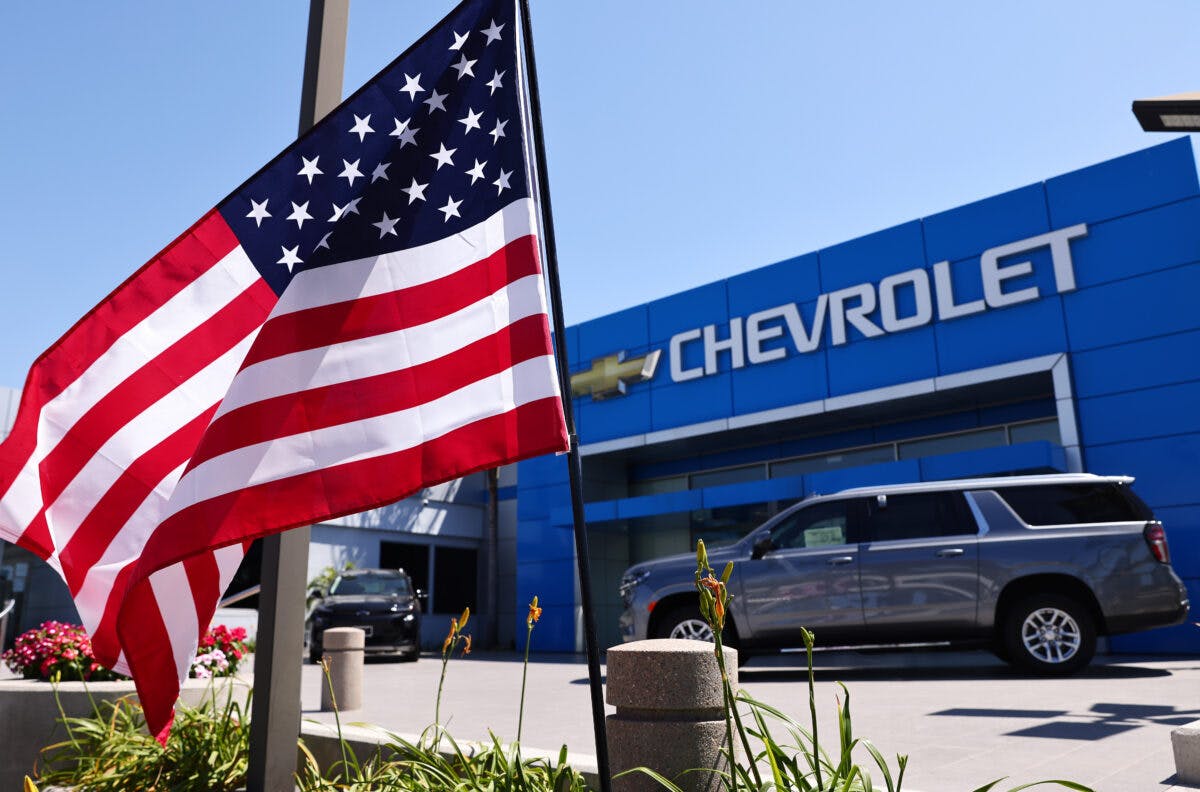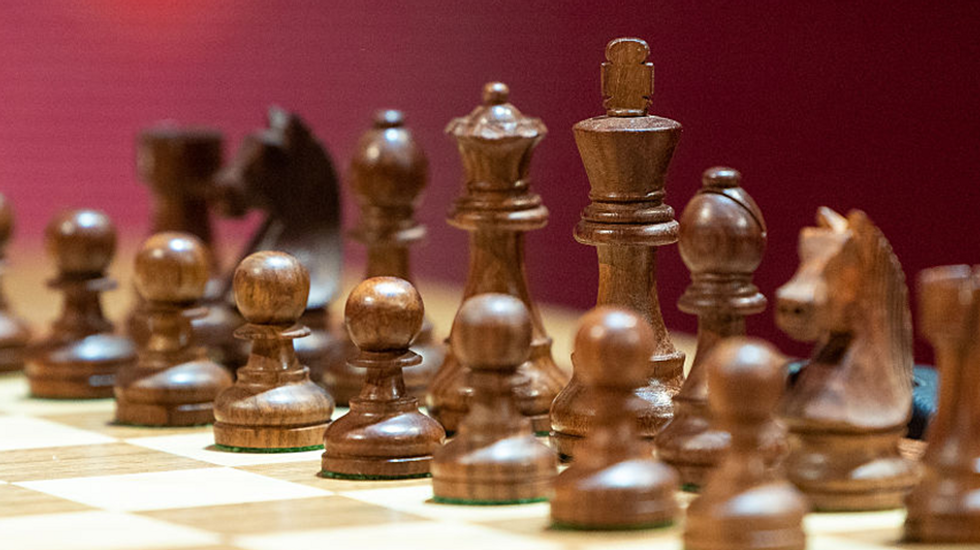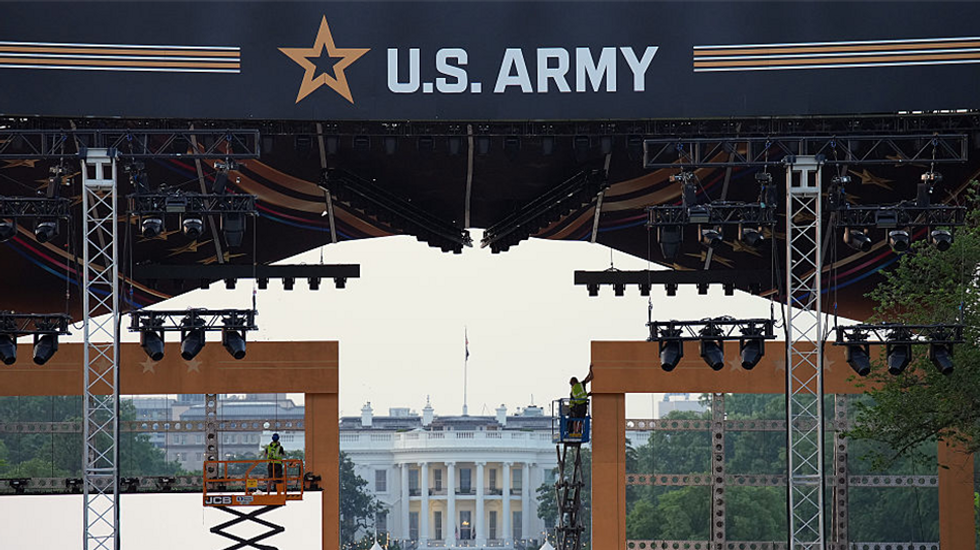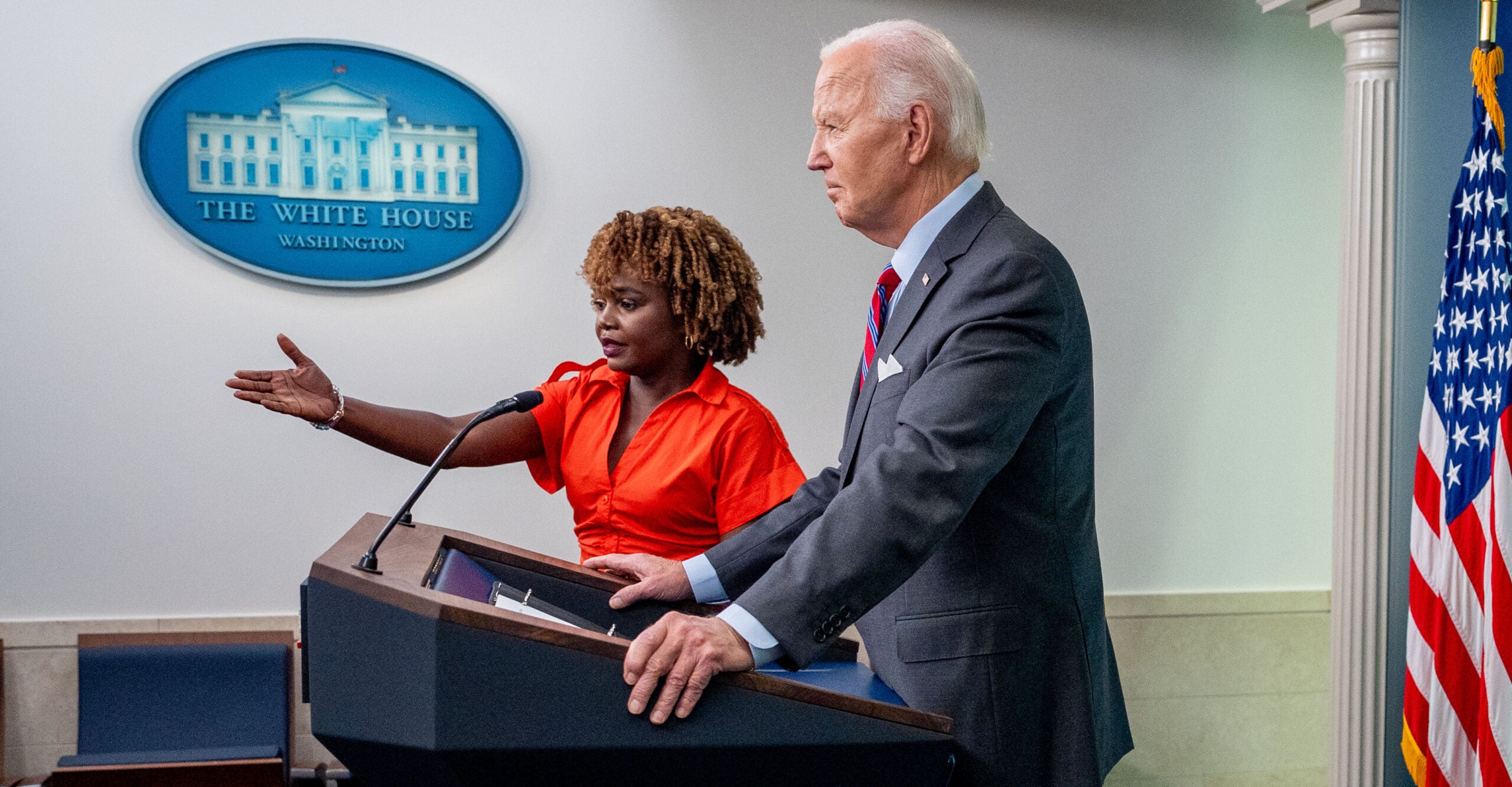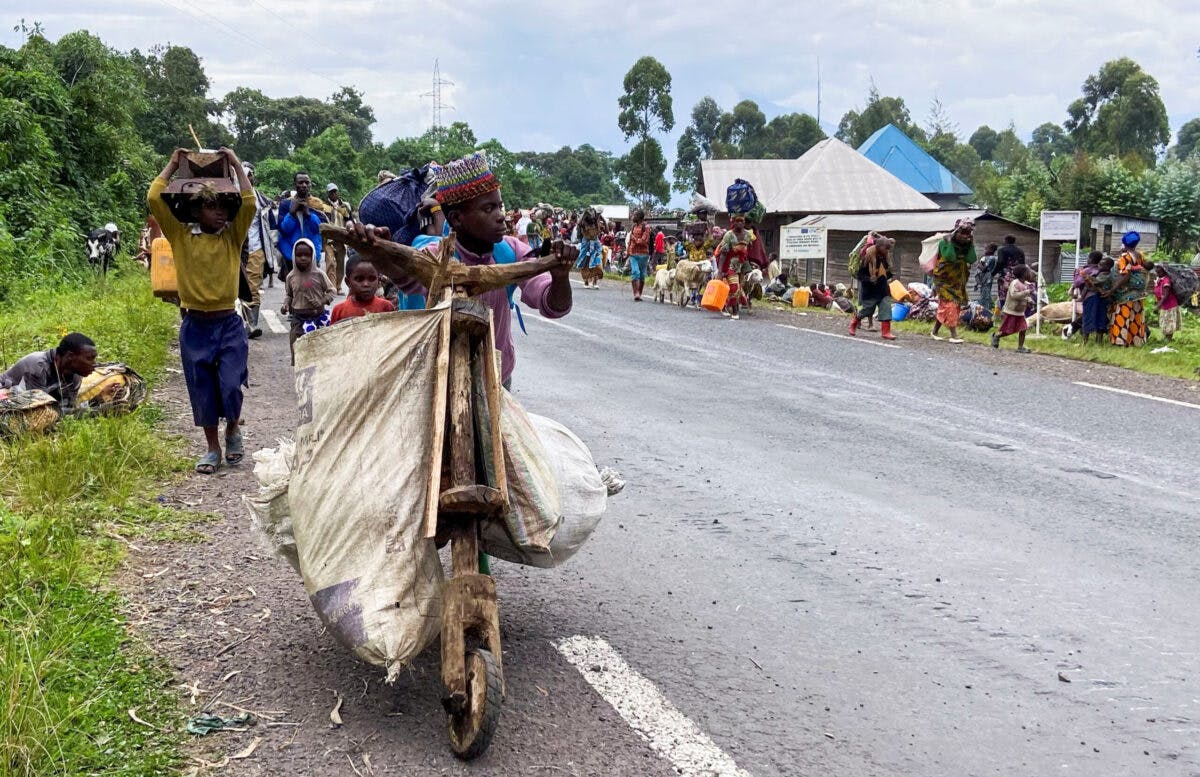Hard target: What I learned at my first nighttime shooting competition
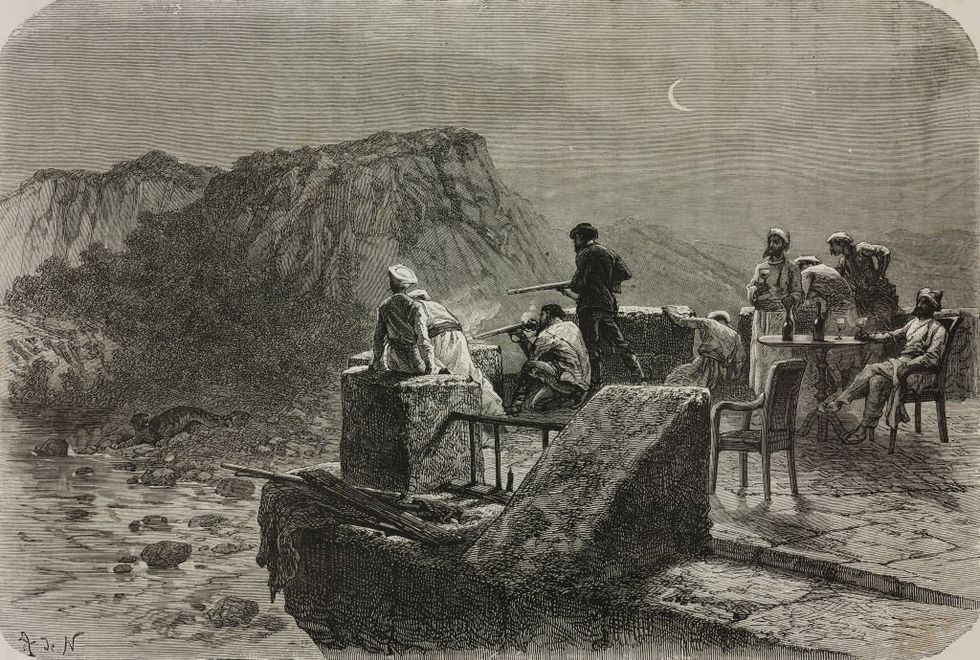

Bullets spilled out of the gun like loose teeth in a nightmare. I squeezed the trigger again: nothing. Then I performed a “tap-rack-bang” — the gun equivalent of blowing into a Nintendo cartridge. Nothing.
Every time I racked the slide, more 9mm rounds tumbled out of the Walther PDP Compact 4. I squeezed the trigger again. More spillage. More teeth.
The range at night was disorienting, a real equalizer. Darkness could downgrade even the most skilled daytime shooters.
I hadn’t expected to dominate my first nighttime shooting competition, but this was ridiculous.
Under the supermoon
It was a windy 55 degrees on the firing line under the glow of a supermoon — the last of 2024. It was my first time at the range after sunset, and there I was, fumbling with a gun like some kind of purple-haired vegan barista.
The moonlight made everything feel dreamlike, glassy, and strange. It was dark. And apparently, I had loaded the rounds into the magazine backward, something I’d like to believe I could never do in daylight.
This wasn’t just my first night shoot; it was my first shooting competition of any kind, even as an observer. While I’ve gone to many ranges over the years, I’ve only made it a habit in the past three months.
The event was hosted by the committee members of my local sportsman's club and the owner of Blackbush Armory, a high-end gun shop specializing in tactical and custom firearms and gear, including all the iconic firearms of history and lore. Typically, the club doesn’t allow shooting when it's dark, but this “Whiteout Shoot” was an exception.
I shot last, so I had time to observe the walkthroughs for each stage and watch the 11 other shooters.
Their spread of gear was magnificent — thousands of dollars’ worth of rifles and pistols and optics and cases and vests and ammo, all laid out like tiny metal fortresses. They were ready for any scenario, but not arrogant about it; happy to help anyone who had shown up less prepared.
Multiple times, guys offered me equipment, advice, and encouragement.
I’d heard about the event from my friend, a gun collector who had previously introduced me to the joy of Henry repeating rifles, and my dad, who didn’t compete. Initially, we’d planned to cover a Sig Sauer event in Oklahoma City, but this local shoot was a more interesting alternative. At the very least, it was a unique way to spend a Saturday night, well worth the $10 entry fee.
Stage 1: Pistol
The course of fire for Stage 1 included three scenarios. First, shoot an array of steel plates horizontally, then shuffle left and knock out vertical targets. Then eject your magazine and fire your last shot at the bull's-eye plate on the left.
The faster, the better. Scores were based on both speed and accuracy. After each shooter finished, the safety officer rattled off numbers to the scorekeepers in the bunker.
The range at night was disorienting, a real equalizer. Darkness could downgrade even the most skilled daytime shooters.
“Just focus on getting out there,” said my friend, handing me a replacement pistol. “And even if you don’t hit a single target, you’ll be all the more successful the next time you hit one. That'll double your accuracy. And most of all, enjoy the big goofy smile you’ll have.”
Miss, miss, miss, miss, miss — PING!
Around the fire
Here we were, a group of heavily armed men, soft-voiced and jovial. The atmosphere was calm, yet focused — a level of tranquility you’d expect at a monastery. We could just as easily have been gathered around a fire in the shadows of a cave, millions of years ago, equipped with the same ancient instincts of survival and camaraderie.
Civilizations need strong men and women on the local level. And by gathering at the gun range on a Saturday night, we expressed faith in the strength of our neighbors. Iron sharpens iron. Trust is enacted, not invoked — actions, not words.
Because here’s a truth about gun culture: This joy is rooted in discipline and protocol.
Safety protocol was strictly enforced. This was a cold range, meaning all firearms had to remain unloaded unless the competitor was under the direction of a range officer. The rest of the time, you stayed behind the red line, away from your weapons.
The event organizers had even notified the sheriff that we’d be shooting at night, in case anyone reported gunshots. Odds are, nobody did — most people were still blasting fireworks every night to celebrate Trump’s landslide victory nine days earlier.
The youngest competitor was 16, shooting alongside his grandfather. The rest of us spread across every decade in between them. Among the group were a former pilot, an entrepreneur, a sheriff, and a professional drummer.
Stage 2: Rifle
Rifles make more sense to me than handguns. They feel natural. So I was less nervous heading into Stage 2, although a vague static lingered in my mind.
The gun shop owner, serving as safety officer, was calm and encouraging. He told me about “sweeping,” accidentally pointing the rifle uprange toward the guys. “Keep your muzzle forward,” he said, adding humbly that he’d once been disqualified for this exact mistake.
“Make ready.”
Magazine in. Bolt back.
BEEP.
In Stage 2, you began crouched behind an obstacle in a surrender position (hands raised, rifle slung on your back). Lean left around the barricade, flip the flashlight on, and fire two shots at the first cardboard target. Then scoot right to the next target.
To my relief, the motions felt natural. The anxiety dissipated.
Next, lean right, two shots, then move to the final target — a hostage situation. The “hostage” was a cardboard cutout nicknamed Macaulay Culkin being manhandled by a “terrorist,” a featureless paper cutout. The challenge was to hit the bad guy without blasting Macaulay to Neverland.
Lost in the cosmos
Heading into the final stage, everyone had talked a lot about the cosmos. It felt like the moon was within reach, glorified by a rainbow-like crown. Low-flying propeller planes puttered toward the local airport, just northwest of the hilltop casino. Everything around us could be charted by its trajectory and velocity.
Guns have only been around for the past millennium or so. But their lineage runs much deeper, and political actors often ignore this reality. Use of weapons preceded the discovery of fire. Early humans were strapped with spears, clubs, and hammers.
This military mindset accelerated civilization and led to political order.
Humanity has always advanced at the pace of its weapons. Some tools spread by innovation, others by necessity or force. Guns were the latter. Societies without them had no choice but to adapt or surrender.
The invention of the ship is also the invention of the shipwreck. Guns deliver godlike power. So our handling of them has to be grounded in clear-cut morality.
Gun culture is misunderstood in this respect. It’s not primarily a political movement; it’s a communion with the past, a metric of the technological present. Some collectors find meaning in cars or cameras. Guns are different. They aren’t just artifacts; they’re instruments of life and death, protection and apocalypse.
Stage 3: Rifle and pistol
The final stage required both rifle and pistol. We moved to the skeet-shooting area on the other side of the range. The entire field was volcanic, crowded with the bright orange clay discs that trap and skeet shooters substitute for birds.
Each step disrupted the rubble. “That’s the crunch of shattered pigeons,” said the kind extrovert who, like many of the guys, had been giving me advice and encouragement.
“Maybe I’ll just do the rifle part,” I suggested. “I don’t feel great about the pistol part.”
“Don’t,” said the kind extrovert. “It’s worth it to challenge yourself. Pistols are work; rifles are fun. The real competition is with yourself.”
The course of fire involved two scenarios, ending with a target shaped like a goat.
The ricochet sparks of bullets against steel lit up the dark. And a red light flashed any time you hit a target.
When it was my turn, I surprised myself by hitting all but one pistol target. The lads cheered.
Then I strode left. Crouched, grabbed the rifle, readied to fire, and — nothing. The night ended with a rifle jam — fitting, given how my evening started. But this time, it was mechanical, not ignorance. “That’s a major malfunction,” said the safety officer. Then he helped fix it nonchalantly.
Ping-ping. Ping. Now for the finale. I took a breath, fired. The shot grazed the goat, but I ended the night with a goofy smile that matched my friend’s prediction.
By the end of the competition, what began as three distinct groups had coalesced into a single community. Moments like these are a crucial reminder for an era trapped in a permanent state of revolution: Any civilized society is armed to the teeth.
Originally Published at Daily Wire, Daily Signal, or The Blaze
What's Your Reaction?
 Like
0
Like
0
 Dislike
0
Dislike
0
 Love
0
Love
0
 Funny
0
Funny
0
 Angry
0
Angry
0
 Sad
0
Sad
0
 Wow
0
Wow
0


